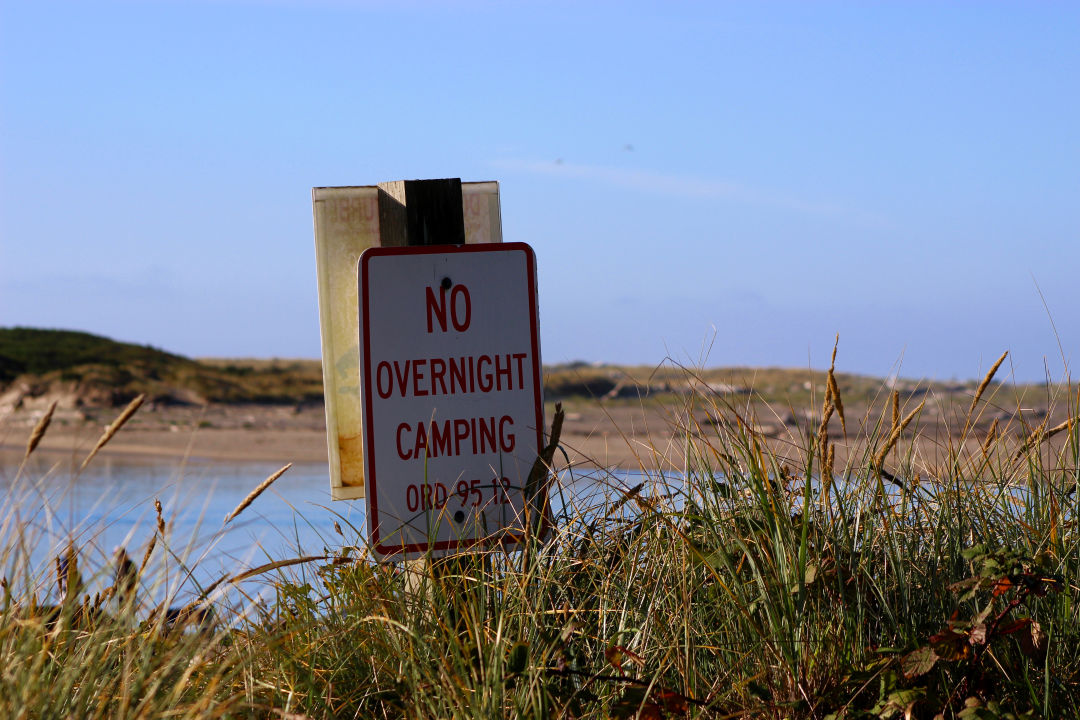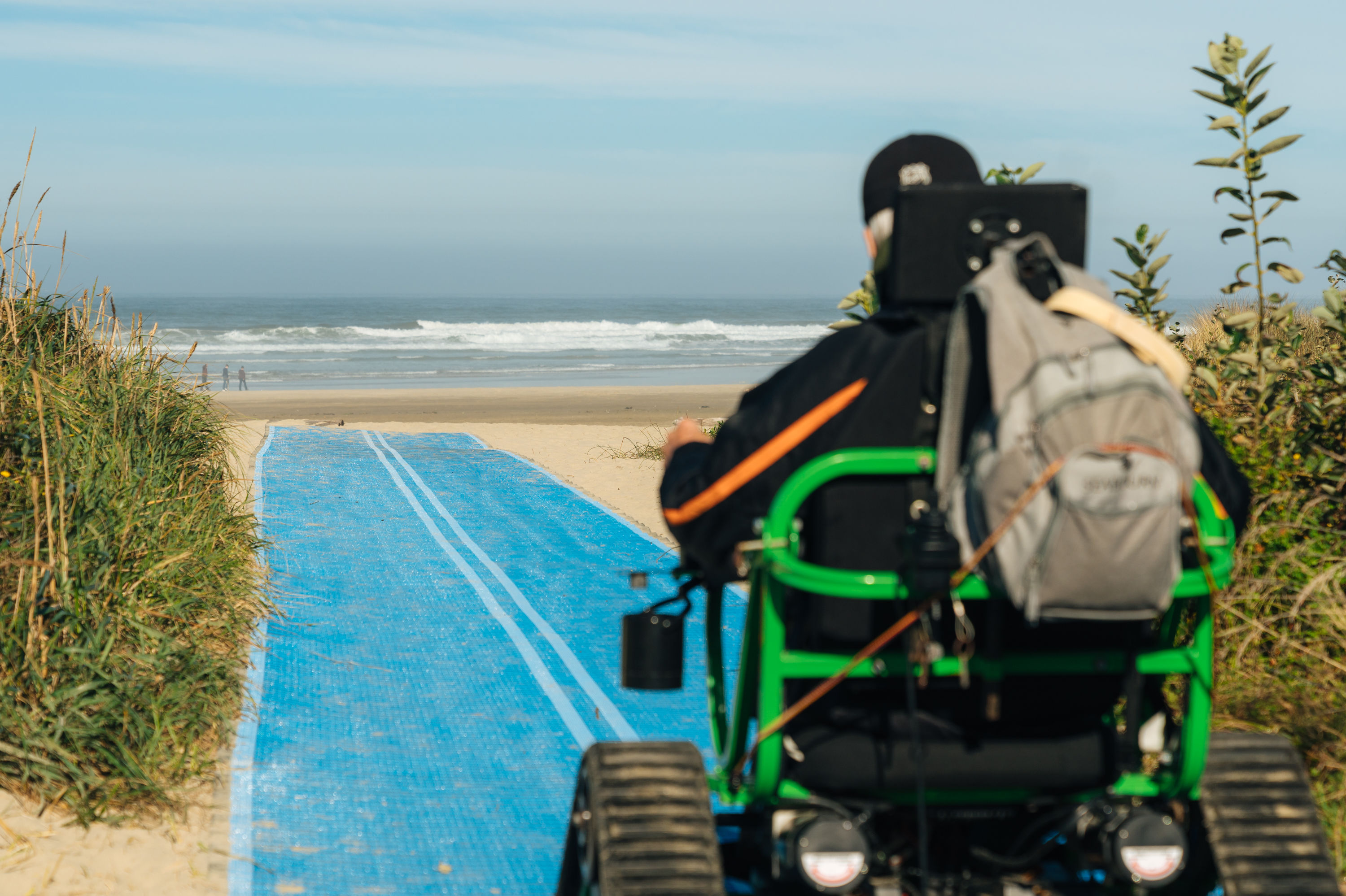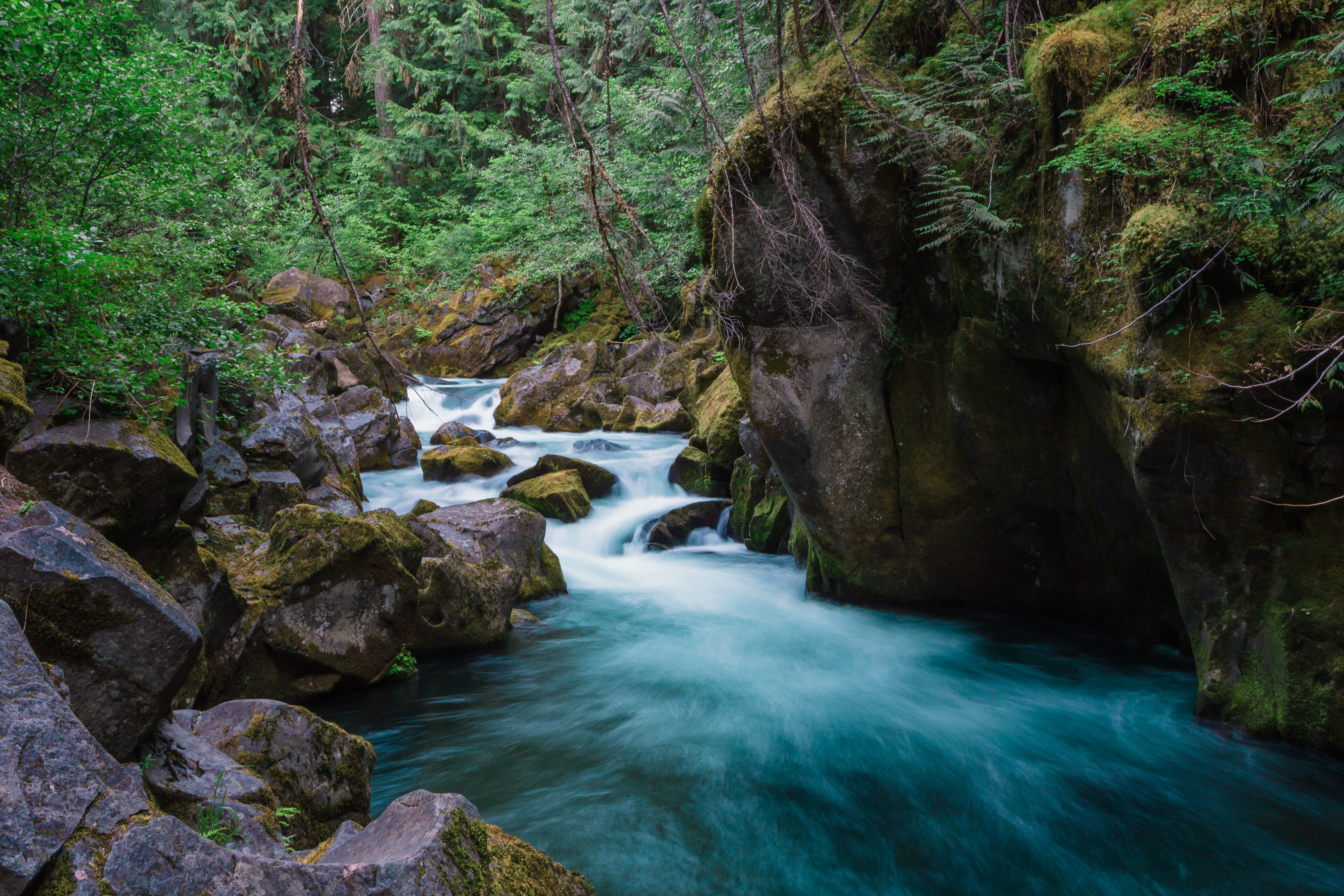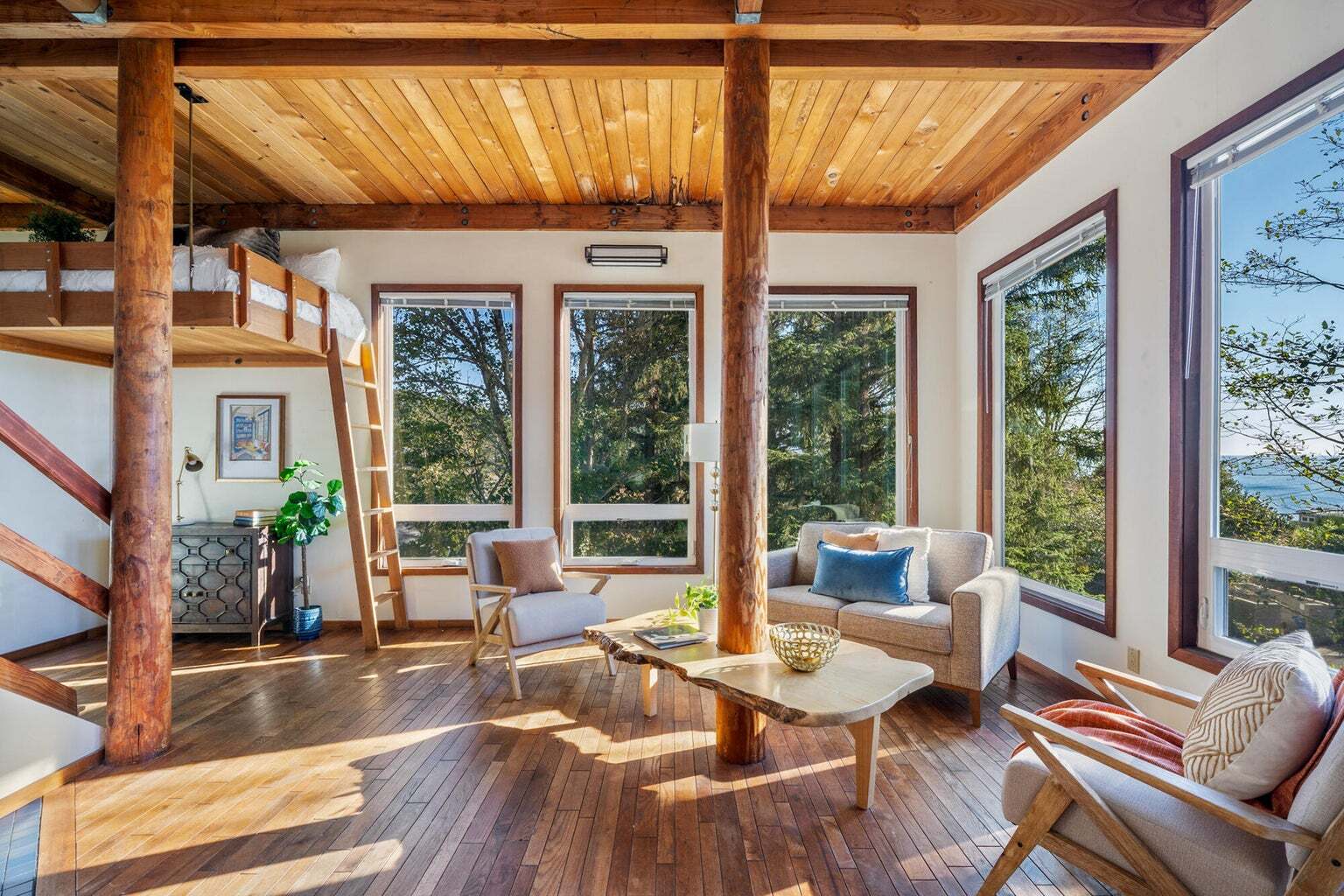Spring Break In Place: State Parks, Campgrounds, and Forests Are Closing to Overnight Guests

Image: Shutterstock
It’s a confusing time to be an Oregonian. Should we be heading to the coast for salty, coronavirus-free air or sheltering-in-place like Cold War schoolchildren?
On Thursday, state officials made the decision to close all state parks, campgrounds, and forest areas to reservations. Reservations from now until April 2 will still be honored, but any reservations booked between April 3-May 8 (for now) will be canceled and refunded. Day-use is still allowed, likely in an effort to keep Oregonians from going completely insane. If a “shelter-in-place” directive is put into effect—a real possibility—that all goes out the window.
Where can’t I go, exactly?
For now, (and we can't emphasize enough that this could change at any minute) you can still visit all of your favorite state parks, campgrounds, and forests—you just can’t stay overnight (without that reservation) or organize big parties. State forests affected by this mandate include Clatsop, Santiam, and Tillamook.
State wildlife areas include Bridge Creek, Elkhorn, Lower Deschutes, Phillip W. Schneider, Summer Lake, Wenaha, and White River wildlife areas. There are many state parks, but some of the most popular include Fort Stevens, Silver Falls, Smith Rock, Cape Lookout, and several other hotspots along the Oregon Coast.
Note that you can still camp overnight in national parks, forests, and BLM land, which comprise the majority of the state’s outdoor recreation area. So, yeah, if you really need to get away to Trillium Lake in the Mt. Hood National Forest, feel free, but also know that everyone else is headed there too.
Why is this happening?
Here’s the official statement from Oregon State Parks:
“The need for social distancing is one of the greatest challenges for a public park to meet. To preserve the park landscape, state park camping facilities—even the small campgrounds—tend to be tightly-packed. No matter how they are managed, and even though they are in an outdoor setting, closing campgrounds temporarily is the best way to do our part to control the risk of spreading infection among travelers. An ill long-distance traveler is at a special disadvantage, and poses an extra burden on rural local community resources, especially gas, groceries and health systems. We’re also experiencing a drop in labor necessary clean facilities to our standards.”
So…is it still okay for me to hole up in a vacation rental on the coast?
Debatable. We’ve seen a range of reactions from Sunriver Resort in Central Oregon shutting down completely until May 15, to Meredith Lodging, a Lincoln City-based vacation rental management company sending opportunist newsletters promising “homes cleaned above CDC Standards with no human contact required.”
Echoing concerns from state officials, one nurse in Tillamook County, speaking anonymously for fear of upsetting others in her community, says she urges spring breakers to do day trips only and come prepared. The county hospital has limited beds, she says, and their local supermarkets are lower volume stores, so low on the list for restocking. Many people in her community are reporting long lines of cars heading east towards the beach, and she understands why: Wide open spaces and fresh air are attractive right now, and many people have had to cancel trips further afield due to coronavirus. But she’s advising people to stick to day trips, maintain social distancing, bring their own food, and avoid touching surfaces in order to curb the spread of the virus.
Check back for more coverage of state and national park closures as the situation continues to unfold.




